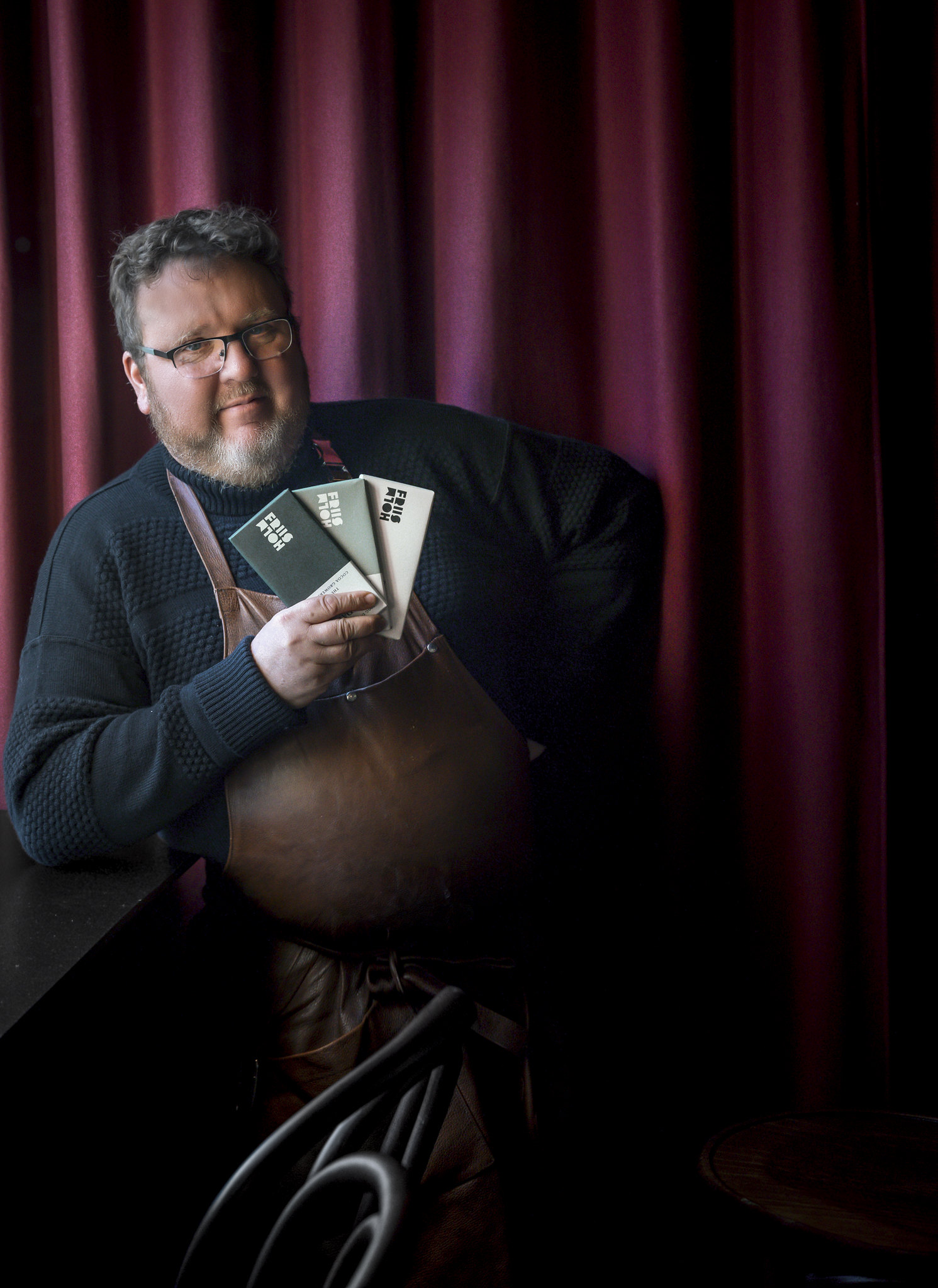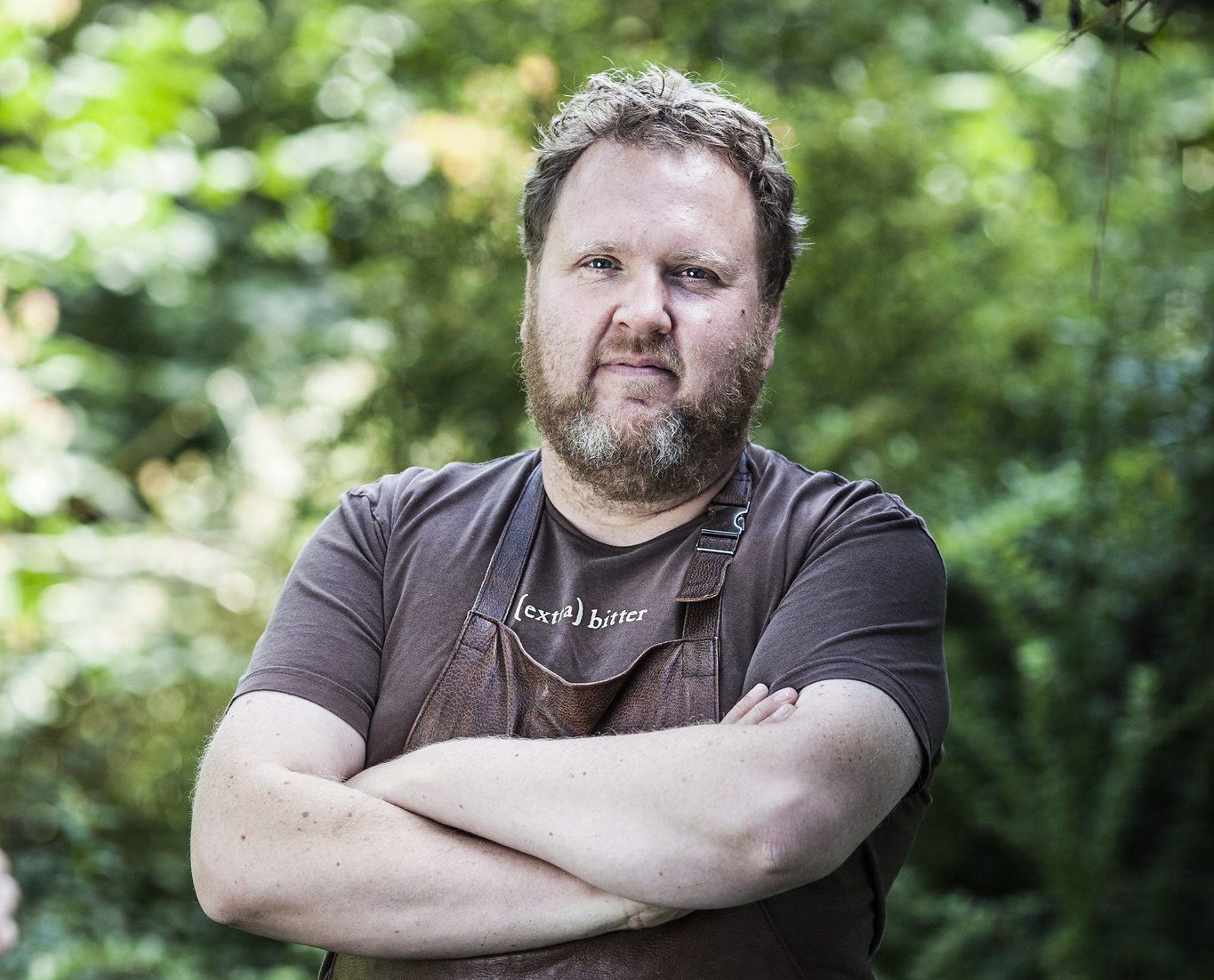
"If you stop and say this is good enough, then you will soon be overtaken by bright ambitious competitors."
Mikkel Friis-Holm - founder of Friis-Holm Chokolade
In a world where flashy packaging and buzzwords often overshadow real quality, multiple award-winning chocolate maker Mikkel Friis-Holm reminds us what craft truly means.
With over 25 years in the industry, deep ties to chefs at the top of their game, and a no-nonsense approach to flavor and ethics, he’s built a brand that pushes boundaries while staying laser-focused on consistency, quality, and innovation.
In this honest and unapologetic interview, he shares how an organic bar born from a chef’s challenge became a hit with Michelin restaurants, why chocolate is more like winemaking than patisserie, and why he believes the future of the industry belongs to those who refuse to settle.
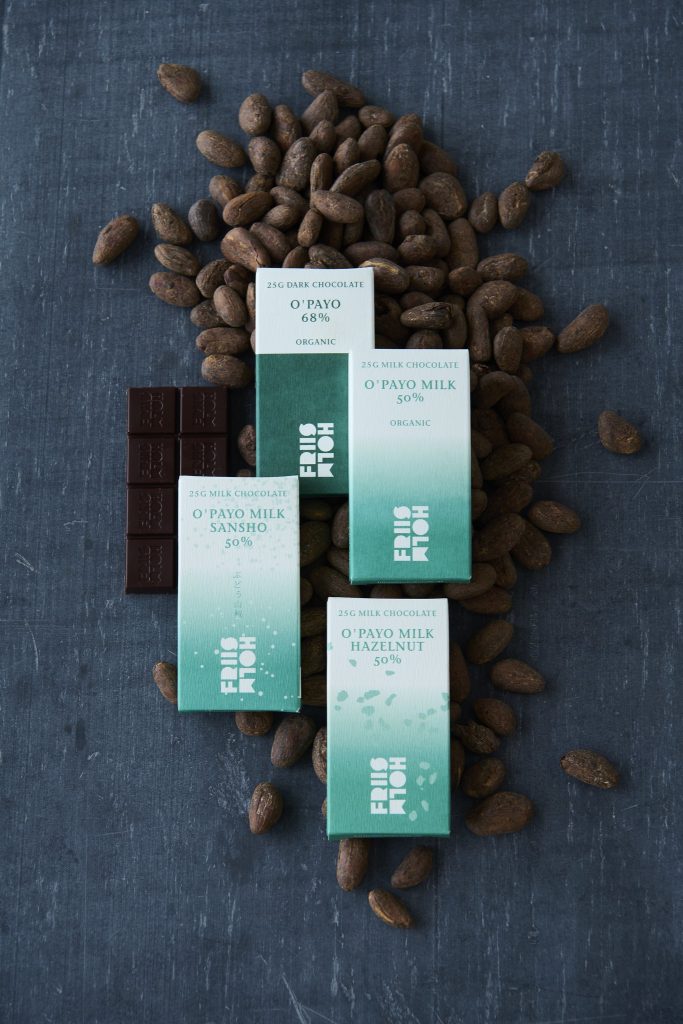
International Chocolate Awards: Can you tell us the story behind your winning products? Why did you choose these particular bars to enter to the 2025 European, Middle Eastern and African Bean-to-Bar Competition?
[Gold: Friis-Holm Chokolade (Denmark) – O’Payo 68% (90.2)]
[Gold: Friis-Holm Chokolade (Denmark) – O’Payo Milk 50% (89.0)]
Mikkel: The O’Payo Chocolate and cacao was originally developed to get the organic certification which is very difficult to work with, for small independent farmers because of the price for the certification.
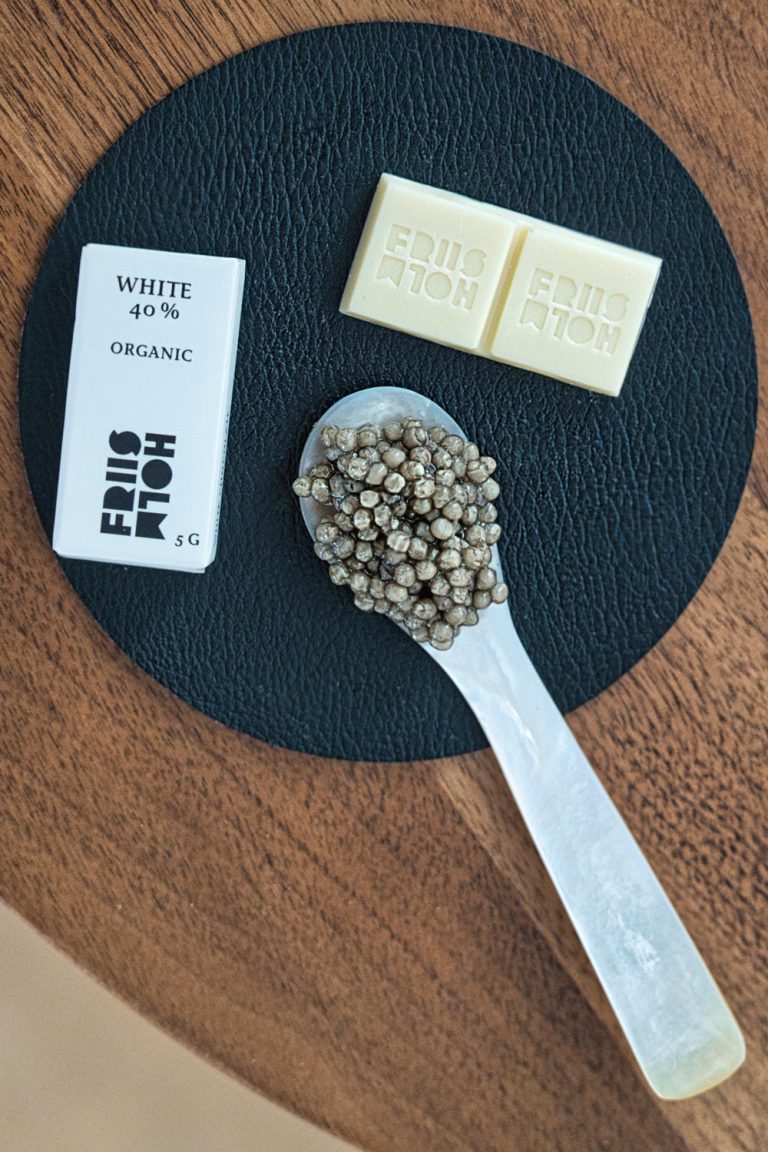
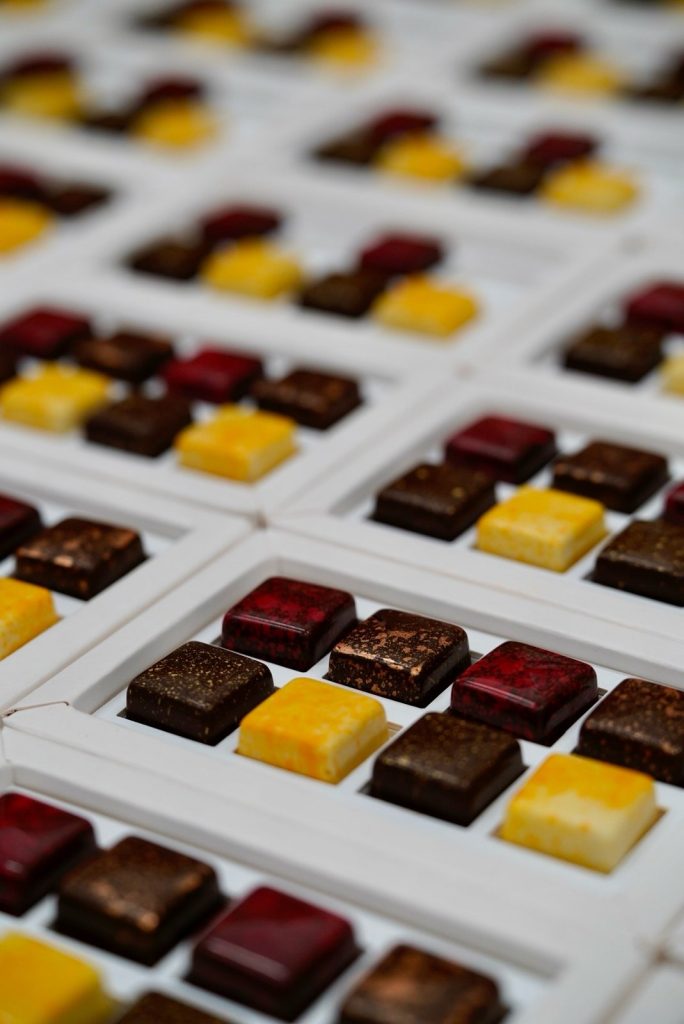
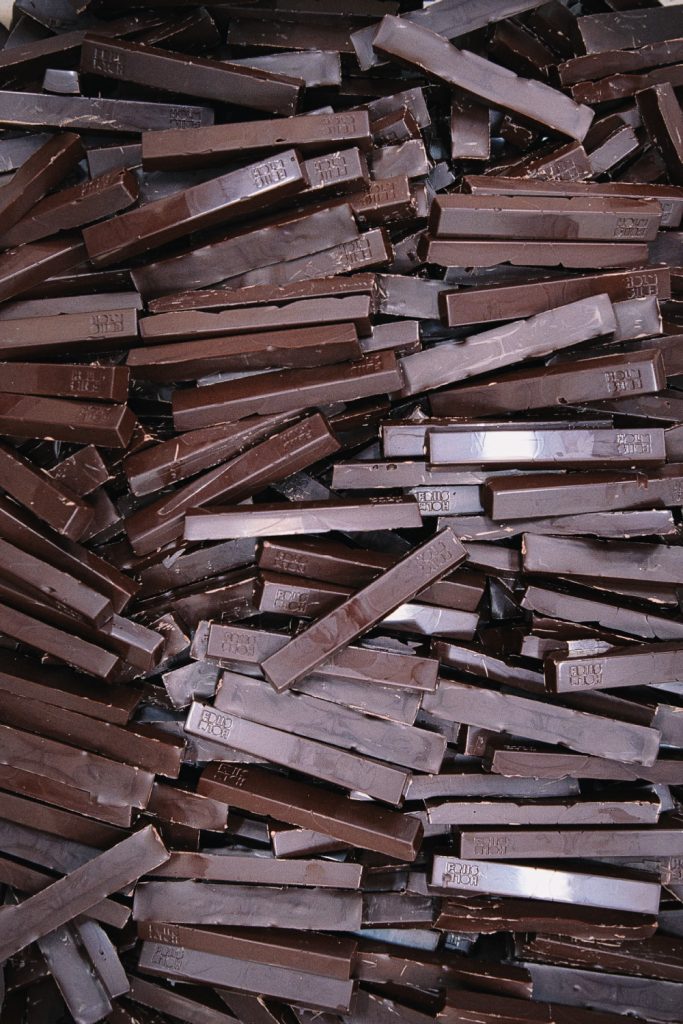
Awards: How do you see the craft chocolate scene evolving in your country and worldwide?
Mikkel: I think we are at cusp for the first bigger “bean to bar” movement. It’s not enough “to make your own chocolate” and having a chocolate bar range. It also has to be good chocolate the consumer likes.
The chocolate makers also have to consider broadening their approach in terms of product assortment. All in all, the current crisis in the cacao sector hugely benefits craft movement – as the mass produced chocolate will become even worse (yes, that is possible) and a quality approach will stand as a much clearer alternative for the consumer.
Awards: What’s your chocolate-making philosophy?
Mikkel: Flavor and consistency! The consumer of our chocolate has to experience flavor and difference in flavor through our products. This is only possible if you have flavor consistent cacao (i.e. single varietal cacaos or as a minimum a consistent mix with a tailored consistent post-harvest).
We need to work with the farmers and bean suppliers to give us this – and not accept to pay for anything less. Most of the famous cacaos used by craft makers are super inconsistent from a flavor perspective – that’s the opposite of craft. And then consistency in production – making chocolate with machines you can actually control, and not just run.
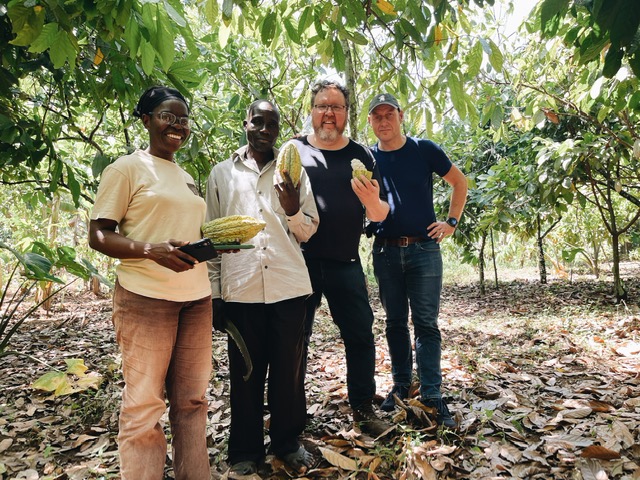
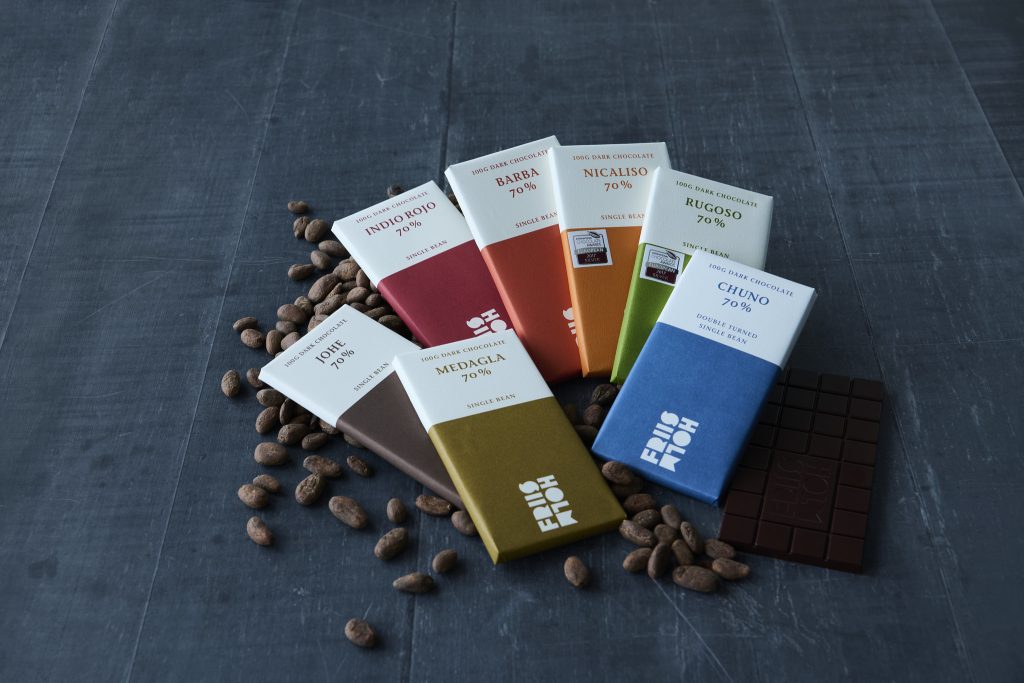
Awards: How do you see the current state of the chocolate industry impact your business?
Mikkel: The current state of affairs is a huge opportunity for craft makers, if you have the liquidity to navigate the market. The rising prices average out the playing field.
Deforestation laws are largely going to be cancelled, if you ask me (no rainforest left in West Africa anyway). And customs are the same for everyone.
Awards: What inspires you when creating new products?
Mikkel: I usually get inspired by flavors and ideas. This can be my take on a cacao or adding a flavor to the final chocolate that compliments.
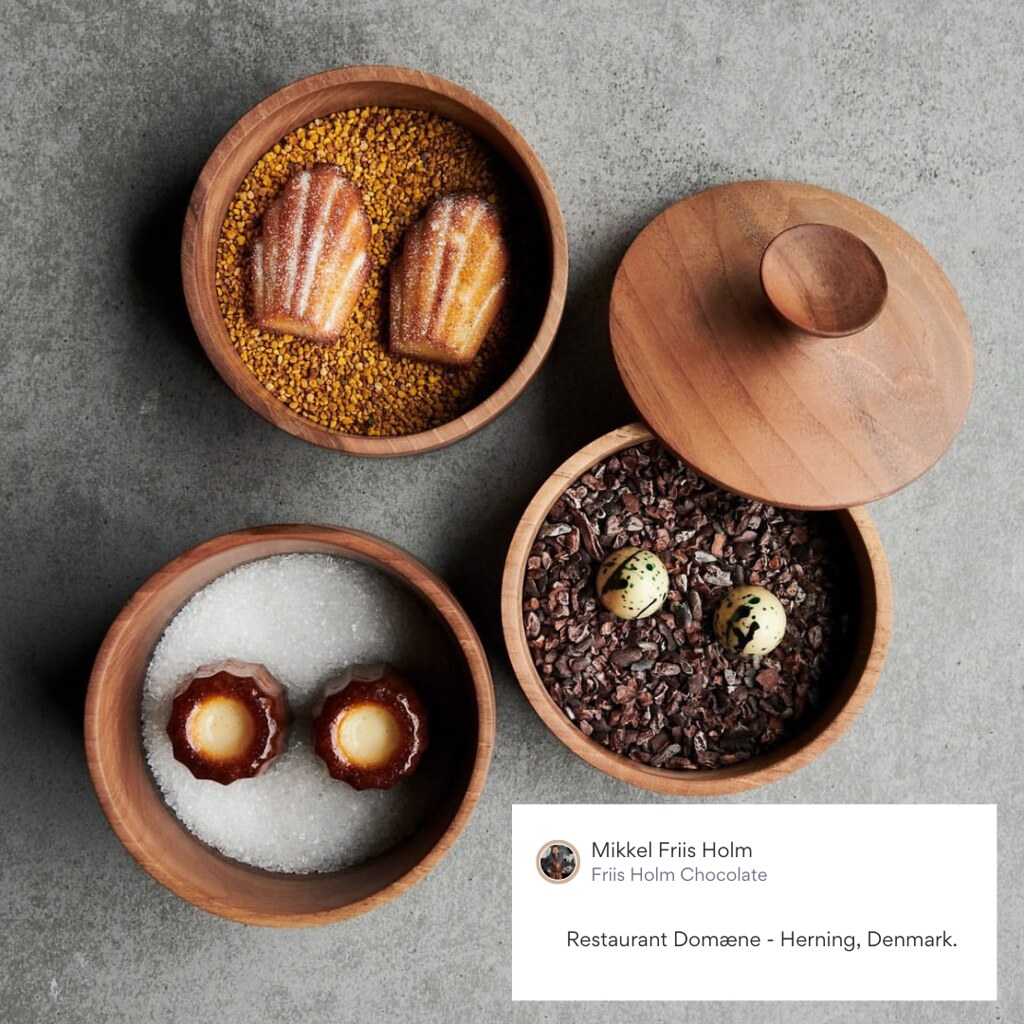
Awards: How does it feel to have your work recognised by the International Chocolate Awards?
Mikkel: With craft chocolate only having 0,1% of the global chocolate market (coffee, wine, beer spirits etc. work at 5-15% levels for craft similar to what we do). And the consumer having absolutely no chance to see through greenwashing, ethical issues and with Fairtrade and companies like Tony’s gaslighting the consumers.
Then International Chocolate Awards is the transparent, flavor based independent player – giving the consumer the real picture in terms of quality.
I have worked with craft chocolate professionally for 25 years now. It’s a huge game changer in terms of communication and positioning your business – having won at the International Chocolate Awards. Also the recognition is nice on a cold winter’s night when you are struggling to make the business part work 🙂
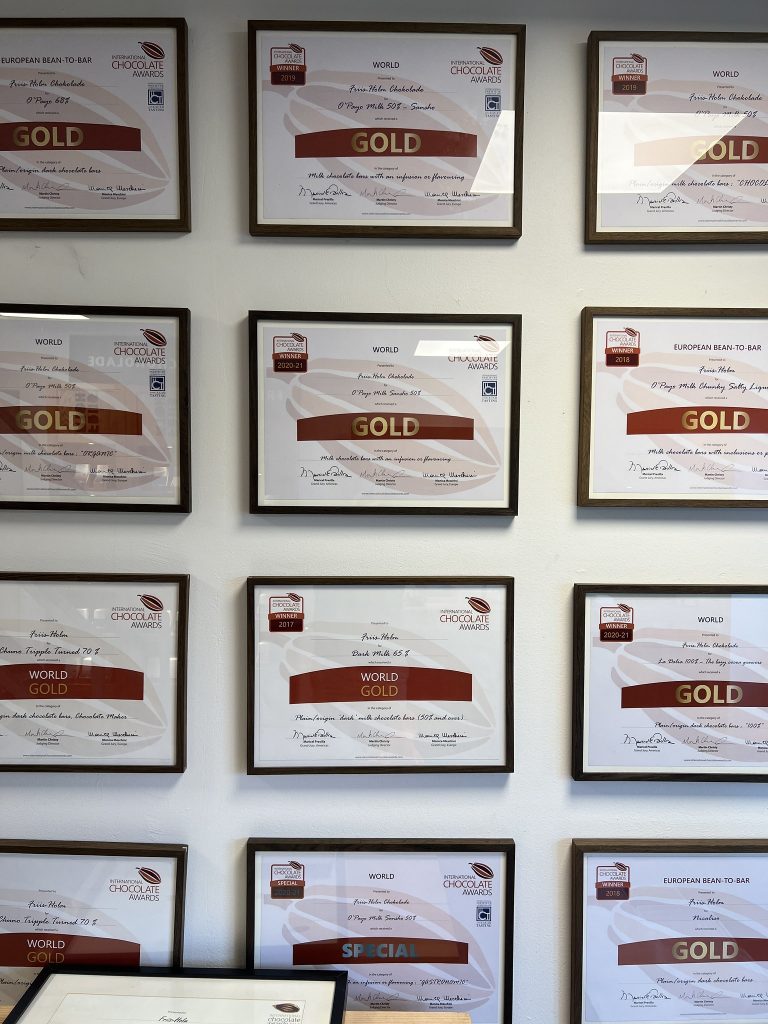
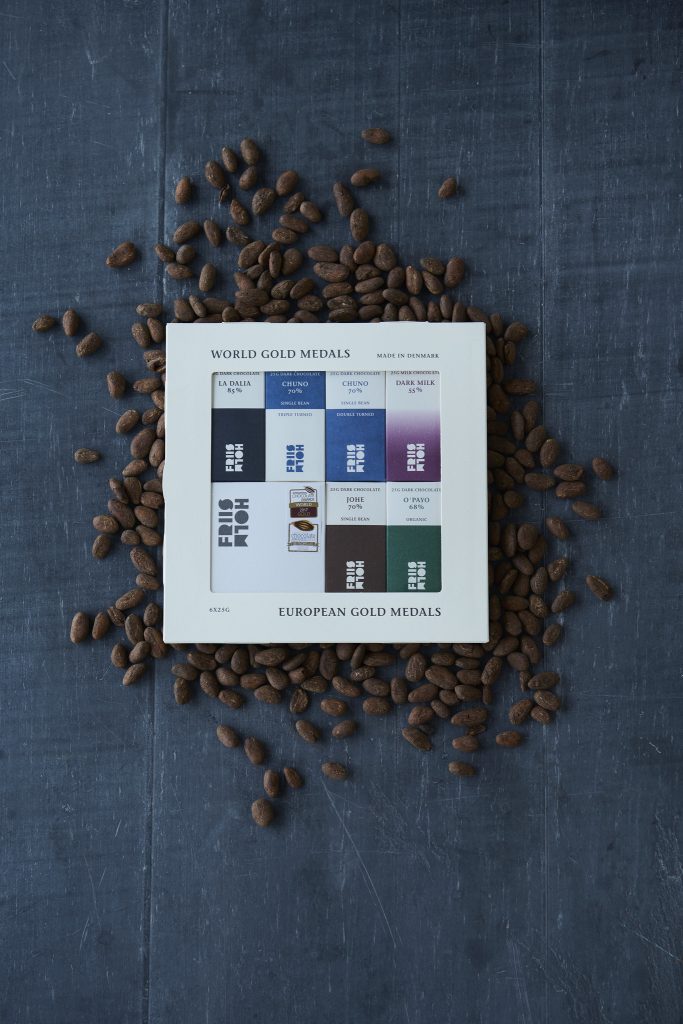
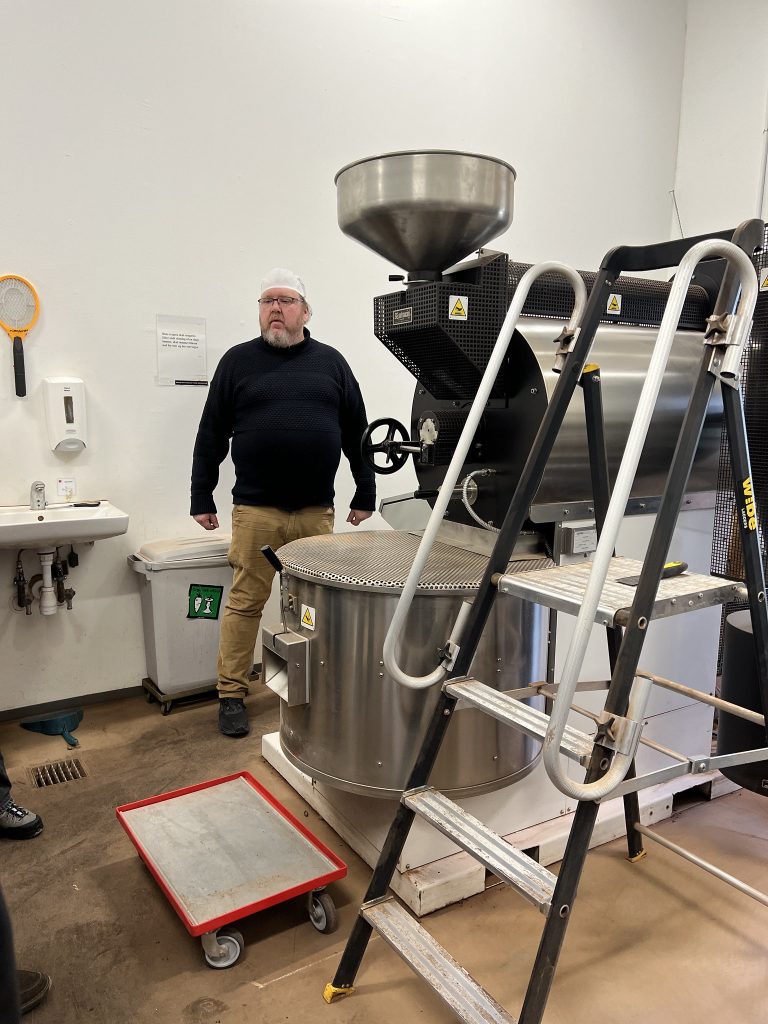
Awards: What’s next for Friis-Holm Chokolade?
Mikkel: New bars and new ideas – but also this year a lot of focus on the business side and growing the right way. It super important to grow with the philosophy of not just making the quality that got us here.
But keep having the mindset of improving our quality and process. I also see more colleagues becoming better and better. If you stop and say this is good enough, then you will soon be overtaken by bright ambitious competitors.
I see too many brands loosing sight of their product, chasing money. Its good to make money – but it should always be the by-product of creating great chocolate.
And as we grow everybody becomes more specialized in their assignments – making it even more important to instill the right philosophy and culture.
Awards: What’s one surprising thing people might not know about your chocolate or your process?
Mikkel: I think most people have no idea of how gritty and dirty a chocolate factory can be… Especially when you work with bigger machines and less like a pastry kitchen. A Chocolate Factory resembles more a mill than a pastry kitchen.
Awards: Is there a chocolate maker, mentor, or tradition that especially inspires you?
Mikkel: The closest thing I got to a mentor is my now late friend Ed Seguine. His impact and knowledge on my chocolate understanding and process cannot be understated.
Awards: Finally, if you could create your dream chocolate bar (with no limits!), what would it be?
Mikkel: We already do that 🙂 – I feel very lucky.
All photos: Friis-Holm Chokolade
